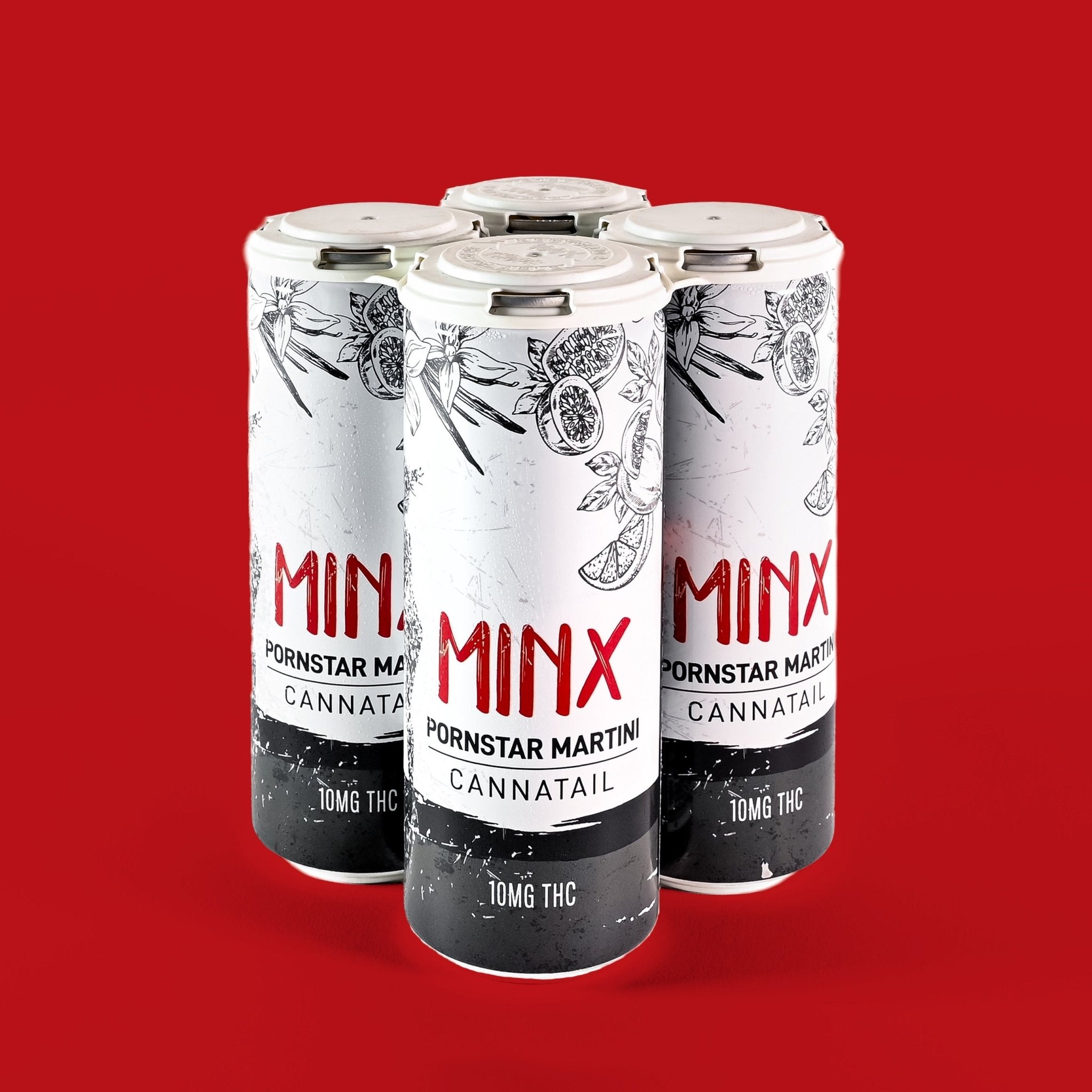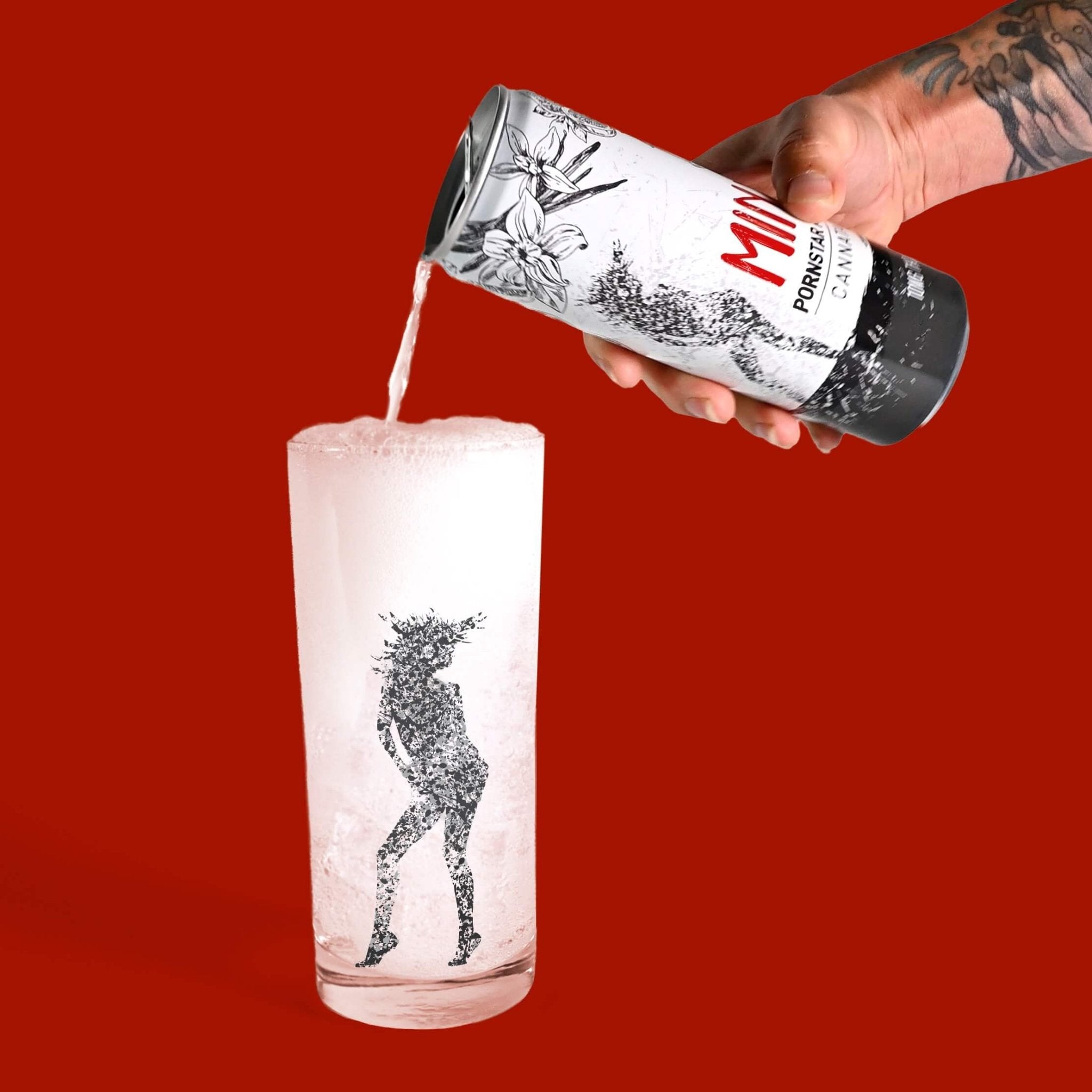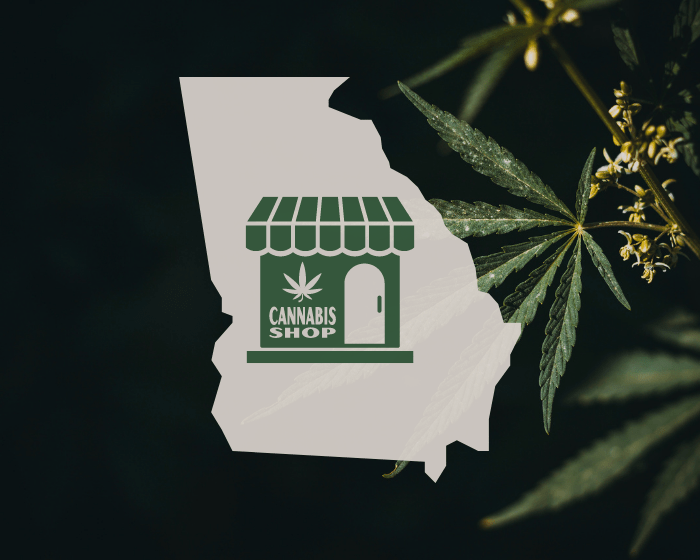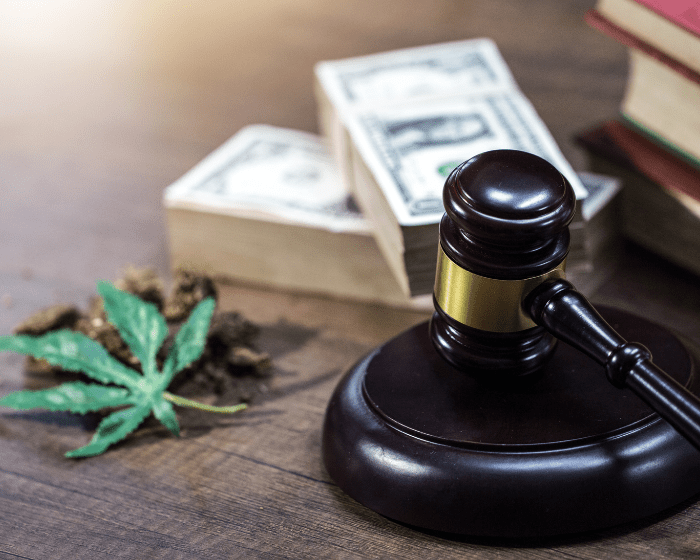
Joining a handful of states that have chosen to regulate hemp-derived THC rather than ban it, South Dakota in March made it legal for adults 21 and up to purchase delta-8 THC, reports Hemp Grower.
The new rule also goes for other intoxicating cannabinoids that can be made from hemp, like THC-O acetate and hexahydrocannabinol (HHC).
Lawmakers passed House Bill 1292 instead of a rival bill that would have banned substances completely, according to Sioux-Falls-based Keloland News.
Before the governor signed the bill into law March 9, the bill’s sponsor, Rep. Taylor Rehfeldt, told Keloland “responsible regulation to support a safe environment” was a better approach than ending all sales of the previously-unregulated substances.
Rehfeldt first wrote the bill to address delta-8 THC. Based on input from the cannabis and hemp industry, it was later expanded to include THC-O and HHC.
Delta-8, THC-O and HHC all all considered “intoxicating cannabinoids” that can be made from hemp.
Delta-8 THC
Molecular kin to the most well-known form of THC, delta-9, the delta-8 isomer begets comparable psychotropic effects. But where delta-9 is limited to trace amounts in hemp products, delta-8 and other hemp isomers are not federally regulated. Although delta-8 THC does occur naturally in small concentrations in cannabis, the products on shelves are made by extracting CBD from hemp and converting it to THC in a lab.
THC-O Acetate
To make this cannabis derivative, CBD is converted to THC and, in a second process, turned into THC-O by adding acid groups to the molecule. THC-O acetate is a psychotropic compound said to be three times as potent as THC. In terms of federal legality, there may be one key difference between delta-8 and THC-O: the latter doesn’t occur in nature. That may make it subject to the Federal Analog Act, under which any chemical that’s "substantially similar" to a controlled substance is illegal — but it doesn’t appear that enforcement agencies are taking action against THC-O right now.
HHC
This compound was discovered in the 1940s, according to Hemp Grower. Chemist Roger Adams added two hydrogen molecules to delta-9 THC, a process called hydrogenation, and HHC was born. Like THC-O acetate, this can be considered a hemp-derived product if CBD is sourced from hemp, converted to THC, then hydrogenated. Some claim it occurs in nature, though that claim has yet to be supported by peer-reviewed research, Hemp Grower reports.
Concerns About Purity and Testing Remain
Keloland reported that some in the industry still have concerns about purity and testing. In the currently-unregulated industry, products vary greatly in quality, and some have been shown to contain additives or residual toxins from processing.
Rehfeldt agreed that further regulation may be needed.
“[I]t will be important to address those issues with all stakeholders including public health, the hemp/marijuana industry, and the business community.”
But as additional regulations are being developed, age restrictions will minimize problems with minors buying or accidentally consuming THC.








































